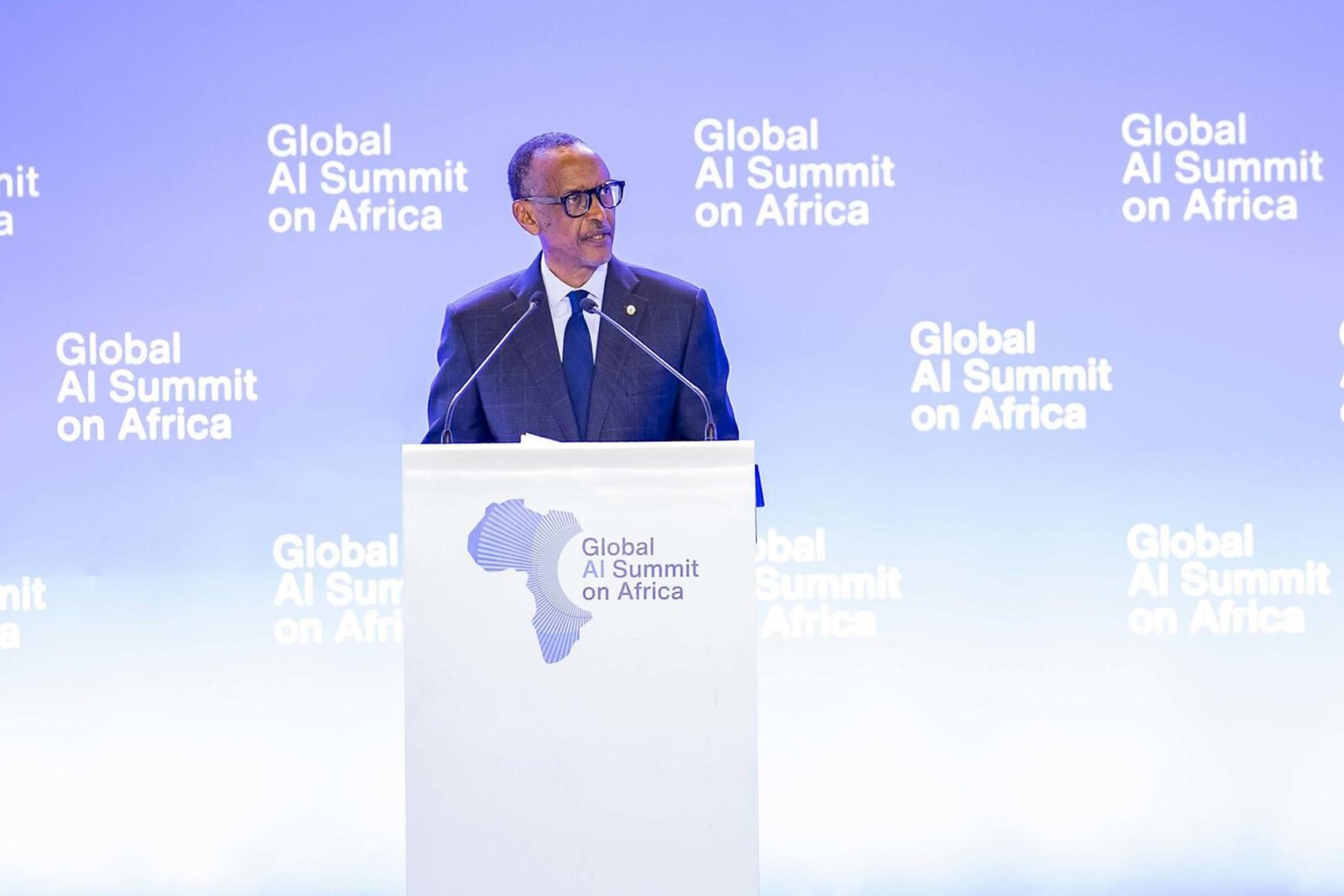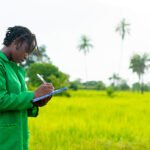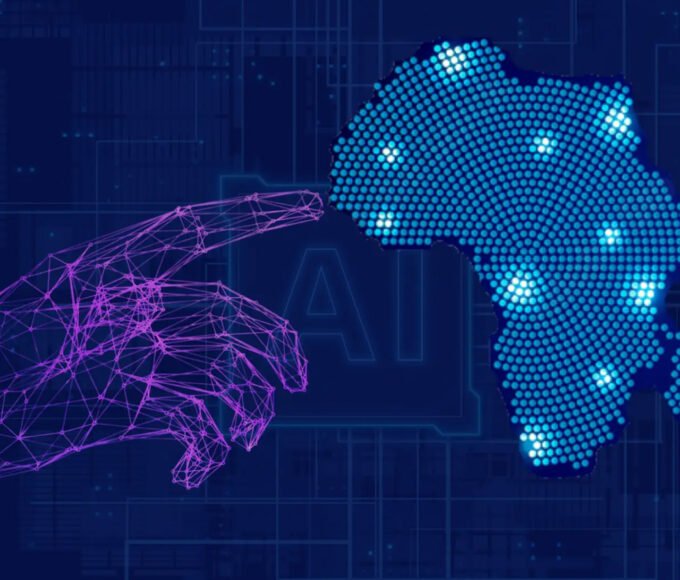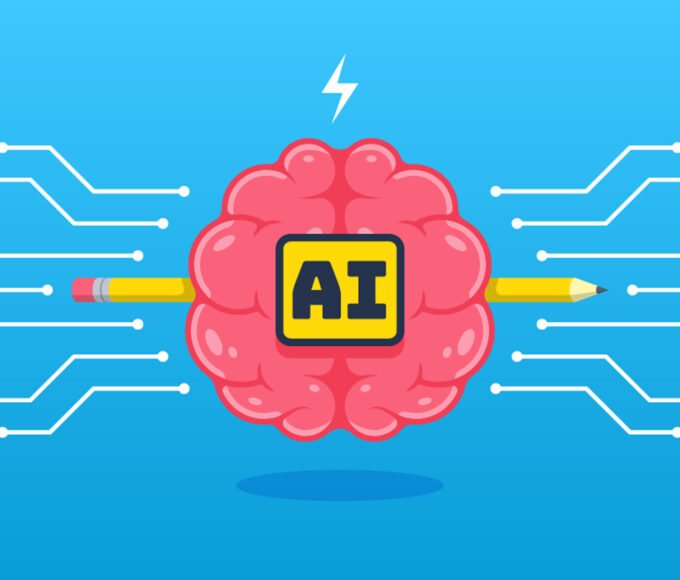
Main Goals of the Global AI Summit on Africa
Leaders and innovators convened in Kigali for the Global AI Summit on Africa, setting ambitious goals to position the continent as a key player in the AI revolution. The focus: leveraging AI for economic growth, fostering ethical leadership, attracting investment, and overcoming infrastructure hurdles to ensure Africa builds its own AI future.
April 24, 20254 Mins read1kAfrican leaders, tech innovators, and investors from around the world gathered in Kigali in April 2025 for the Global AI Summit on Africa, a conference designed to firmly place the continent at the forefront of the global artificial intelligence landscape. The summit’s overarching goal was to ensure that Africa can effectively utilize AI for growth that includes everyone and is sustainable for the future.
Over 2,000 delegates from nearly 100 countries attended the event, including government officials, technology pioneers, financial backers, and young entrepreneurs. Their focus was on the unique opportunities and challenges that Africa faces in this rapidly evolving age of artificial intelligence.
Key Goals of the Summit
Leverage AI for Africa’s Demographic Dividend:
A central theme of the summit was “AI and Africa’s Demographic Dividend: Reimagining Economic Opportunities for Africa’s Workforce.” With Africa’s population growing rapidly and a significant portion being young, the summit aimed to explore how AI can be a powerful tool for creating jobs, enhancing the skills of the workforce, and unlocking new economic possibilities across the continent. Discussions centered on how AI can drive innovation in various sectors, leading to the creation of new industries and employment opportunities for Africa’s burgeoning youth.
Foster Africa’s Leadership in AI:
The summit had a clear ambition: to position Africa not merely as a consumer of AI technology developed elsewhere, but as a global leader in the creation of AI that is ethical, inclusive, and trustworthy. A key outcome of this goal was the launch of the Africa Declaration on Artificial Intelligence. This declaration is a commitment by African nations to adopt AI in a responsible and sustainable manner across the continent. It emphasizes the importance of developing AI systems that are aligned with African values and contribute to the continent’s overall development goals.
Mobilize Investment and Build Ecosystems:
Attracting investment and building strong AI ecosystems across Africa were major priorities. These ecosystems encompass talent development, research institutions, thriving startups, and the necessary infrastructure to support AI innovation. The summit underscored the critical need for partnerships between governments, the private sector, and international organizations to provide funding, implement supportive policies, and help local AI innovators scale their solutions. The discussions aimed to create an environment where African AI entrepreneurs can access the resources they need to grow and succeed.
Address Infrastructure and Access Barriers:
Delegates engaged in discussions about how to overcome significant challenges such as limited digital infrastructure, difficulties in accessing relevant data, and unreliable power supplies. These barriers are critical obstacles to the widespread adoption and scaling of AI solutions in the diverse contexts of African nations. The summit explored potential solutions, including investments in internet connectivity, the development of local data storage and processing capabilities, and initiatives to ensure a stable power supply for AI-related activities.
Promote Inclusive, Human-Centric AI Applications:
The summit strongly encouraged the development of AI applications that are specifically tailored to African languages, cultures, and the unique needs of African societies. The focus was on ensuring that AI benefits all communities and sectors, ranging from agriculture and healthcare to education and finance. This includes creating AI tools that are accessible to people with different levels of digital literacy and that address the specific challenges faced by various communities across the continent.
Advance Skills and Talent Mobility:
A significant emphasis was placed on equipping Africans with the necessary AI skills through education, training programs, and initiatives that promote the movement of talent within the continent and internationally. Recognizing that a skilled workforce is essential for a thriving AI ecosystem, the summit explored strategies for integrating AI education into curricula at various levels and for creating opportunities for Africans to gain expertise in this field.
Shape Effective Governance and Ethical Standards:
The need for robust governance frameworks to guide the development and use of AI in Africa was a key topic of discussion. The summit addressed how to ensure that AI is developed and used in a way that is safe, ethical, and inclusive, protecting the rights of citizens and building public trust in the technology. This included exploring the development of regulations and guidelines that address issues such as data privacy, algorithmic bias, and the responsible deployment of AI systems.
Align on a Unified African Vision:
One of the overarching objectives of the summit was to bring together various stakeholders to agree on a common vision for the future of AI in Africa. This involved identifying opportunities for collaboration that can be scaled across the continent and creating a roadmap for the safe, inclusive, and impactful development and deployment of AI technologies. The aim was to foster a sense of shared purpose and direction among African nations in the AI era.
Thematic Areas of Focus
The summit’s program was carefully structured around seven key thematic pillars to facilitate focused discussions and foster collaboration among participants:
- People: This pillar focused on the impact of AI on jobs, the need for new skills development, and strategies for talent mobility within the AI sector.
- Infrastructure: Discussions under this theme addressed the critical barriers posed by inadequate digital infrastructure and explored solutions for building robust digital foundations necessary for AI deployment.
- Data: This pillar examined issues related to data equity, data sovereignty, and ensuring fair and ethical access to the data needed to train and deploy AI models effectively.
- AI Models: The focus here was on the development of AI models that are relevant to African languages and cultures, promoting inclusive development that considers the continent’s diversity.
- AI Applications: This theme showcased human-centric use cases of AI that can drive economic and social transformation across various sectors in Africa.
- Entrepreneurship: Discussions centered on building vibrant ecosystems that support AI innovation and provide access to capital for African AI startups.
- Governance: This pillar addressed the crucial aspects of trust, safety, and citizen protection in the context of AI development and deployment, emphasizing the need for effective regulatory frameworks.
In conclusion, the Global AI Summit on Africa in Kigali served as a pivotal moment in the continent’s journey towards embracing artificial intelligence. Its main goals were clear: to ensure that Africa is not left behind in the AI revolution and that the technology is harnessed for the benefit of all Africans. By focusing on inclusive growth, establishing ethical standards, attracting crucial investment, and building local capacity, the summit laid out a bold and ambitious agenda for Africa to become a significant player in the global AI landscape. The outcomes of the summit are expected to shape the future of AI development and adoption across the continent, paving the way for a more prosperous and technologically advanced Africa.
Recent Posts
Related Articles
Why Africa’s Business leaders are betting big on AI
African Business Leaders Champion AI: Strategic Investments and Transformative Initiatives Reshaping the...
ByTrendit AfricaHow does the African Declaration on Artificial Intelligence aim to shape the future of AI in Africa?
Fifty-four nations have signed a bold declaration aiming for the continent to...
ByTrendit AfricaAfrica’s AI Era Is Here — Build With It or Get Left Behind
AI is here in Africa, promising massive economic growth and already changing...
ByTrendit AfricaHow African Creators Are Using AI to Take Their Work to the Next Level
How African Creators Are Using AI to Outwork, Outsmart, and Outcreate.
ByTrendit Africa















Leave a comment